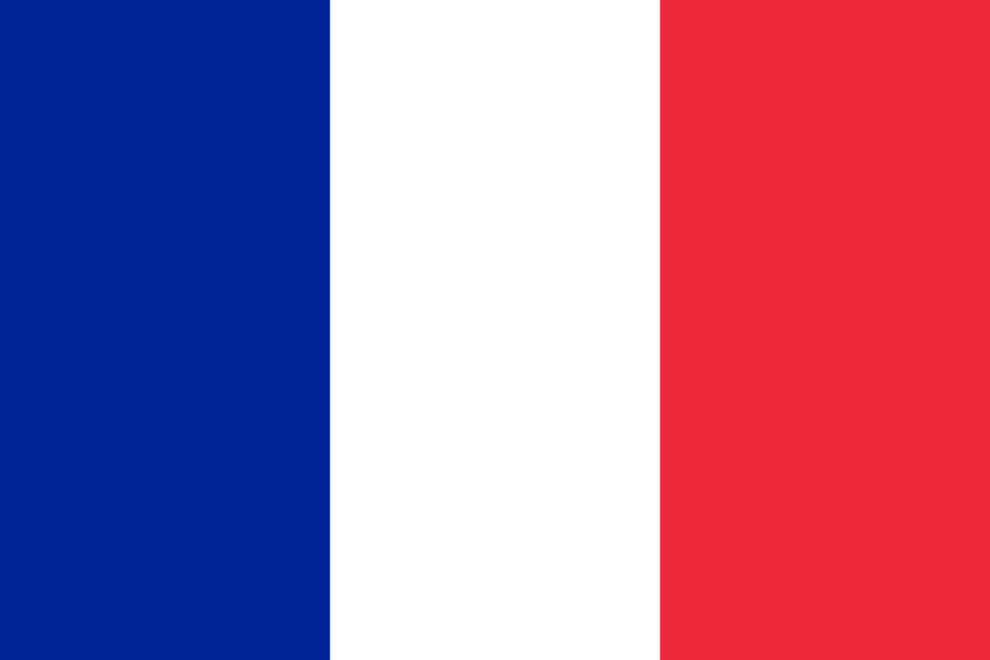The French parliament on Monday voted to anchor the right to abortion in the constitution, making France the first country in the world to offer explicit protection for terminating a pregnancy in its basic law.
A congress of both houses of parliament, gathered in a special chamber at the Palace of Versailles, easily found the three-fifths supermajority needed for the change, with 780 lawmakers in favour and 72 voting against.
Deputies applauded the change with cheers and a standing ovation.
President Emmanuel Macron described the move as “French pride” that had sent a “universal message”, and a special public ceremony is planned to celebrate the move in Paris on International Women’s Day on March 8.
The Eiffel Tower was lit up in celebration after the change was passed with slogans including “My Body My Choice” flashing on the edifice.
“This is a fundamental step… A step that will go down in history,” Prime Minister Gabriel Attal told the lawmakers as he urged them to pass the legislation.
He said they owed “a moral debt” toward all women who had suffered before the legalisation of abortion.
But Attal said the right to abort remained “in danger” worldwide, with our “freedoms in essence threatened… at the mercy of decision makers”.
“In one generation, one year, one week, you can go from one thing to the opposite,” he said, referring to rights reversals in the United States, Hungary and Poland.
Such joint parliamentary sessions are rare in France and called only for momentous occasions such as constitutional changes, the last of which was made in 2008.
– ‘Hope and solidarity’ –
Macron pledged last year to enshrine abortion — legal in France since 1975 — in the constitution after the US Supreme Court in 2022 overturned the half-century-old right to the procedure, allowing individual American states to ban or curtail it.
The vote “is of huge significance given the rollback of this essential right around the world,” said Amnesty International’s secretary general Agnes Callamard, adding that it had sent a message of “hope and solidarity”.
World Health Organization chief Tedros Adhanom Ghebreyesus, in a post on X, welcomed “France’s decision to secure women’s rights and save their lives”.
In January, France’s lower house of parliament, the National Assembly, overwhelmingly approved the move with the upper house, the Senate, following suit on Wednesday.
A majority of the French public support the move to give the right to abortion extra protection, according to polls.
A November 2022 survey by French polling group IFOP found that 86 percent of French people supported inscribing it in the constitution.
Left-wing and centrist politicians have welcomed the change, while some right-wing senators have said in private they felt under pressure to give it a green light.
Several hundred abortion opponents, largely marginalised in the move for the constitutional change, protested in Versailles.
Catholic bishops meanwhile called for a day of “fasting and prayer” so the French could “rediscover the taste for life”.
Weighing in from Rome, the Vatican said there could be “no ‘right’ to take a human life”.
But hundreds of jubilant backers of the move leapt for joy at the Place du Trocadero in western Paris as they witnessed the passing of the law on a large screen set up for the occasion.
– ‘Rights under threat’ –
“I’m happy because our rights are constantly under threat everywhere… and it’s only getting worse,” said Cecile Carimalo, 46, who watched with her 12-year-old daughter at the Trocadero esplanade.
“This they won’t be able to take from us.”
“If men got pregnant, it would have been inscribed in the text in 1792” during the French Revolution, she added.
Abortion was legalised in France in 1975 in a law championed by then-health minister Simone Veil, a women’s rights icon granted the rare honour of burial at the Pantheon after her death in 2018.
When political campaigning began in earnest in 1971, “we could never have imagined that the right to abortion would one day be written into the constitution”, Claudine Monteil, head of the Femmes Monde (Women in the World) association, told AFP.
At the time, an estimated 700,000 to 800,000 women aborted each year.
Leah Hoctor, of the Center for Reproductive Rights, said France could offer “the first explicit broad constitutional provision of its kind, not just in Europe, but also globally”.
